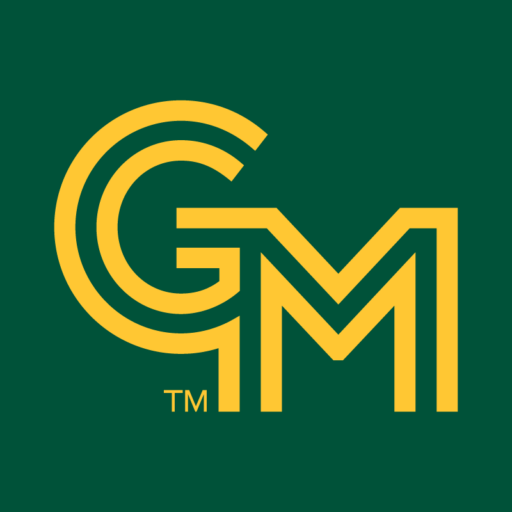By Samuel Acuña, Ph.D.
Updated: January 2025
When should you ask me?
I enjoy writing recommendations and reference letters for awesome students. Please give me at least two weeks notice to write you a letter, so that I can deliver a quality document worthy of goals.
Think strategically about who you are asking to write your letters. I may not be the best person to ask. You should find people who can speak highly of you and your aptitude for the position/opportunity to which you are applying.
Note that I will be honest in my final recommendations—if I gave everyone my highest recommendation, then my opinion would not be very valuable. I will highlight your strengths and also mention areas for improvement to give a holistic picture of who you are and how I think you will perform in this position/opportunity.
What should you send me? (Your “Brag Sheet“)
Letters are better with concrete details! I need content to fill out my letter to show evidence that you are awesome, and what you have been doing. Please send me the following:
- A list of institutions to whom I need to submit the letter, with due dates.
- Your CV/Resume, with GPA
- Answers to the following questions:
- What would you like my letter to focus on?
- How does this letter (or the position/opportunity for which you are applying) relate to your long‐term goals?
- How have you prepared yourself for this position/opportunity?
- What sets you apart from other applicants?
- What are some your favorite positive personal attributes? It may be helpful to ask someone who knows you well.
- (Optional, strongly recommended) A draft letter for me to start with. This is recommended if you have specific things you need me to say. It helps me write a stronger letter, especially if there is limited time. Obviously, I reserve the right to change the draft as much as I want. Consider the following ideas:
- Draft three anecdotes that highlight qualities you want to emphasize.
- Include how long I have known you and specific interactions I have had with you (e.g., taught your class, mentored a project, etc.)
- What were your favorite classes and subjects? What do you love about engineering?
- Notable experiences that have prepared you for this position/opportunity.
- Are there any particular circumstances they should consider? For example, regarding your personal life or potentially perceived weaknesses in your application.
- Do you your grades reflect your academic ability or potential? Explain.
- (Optional) When submitting a letter, I am often also asked to rank the student (top 5%, 10%, 25%, 50%, etc.) against their peers in the following categories. However, sometimes there are things I don’t know about you. If there are certain categories for which you feel worthy of a high ranking, please provide brief justification (1 sentence) as to why:
- Research ability
- Intellectual ability for graduate work
- Professional experience
- Creative or innovative talent
- Ability to write
- Math/analytical ability
- Leadership ability
- Ability to work with others
- Motivation and depth of commitment to graduate study
- Ability to function independently
- Teaching potential

